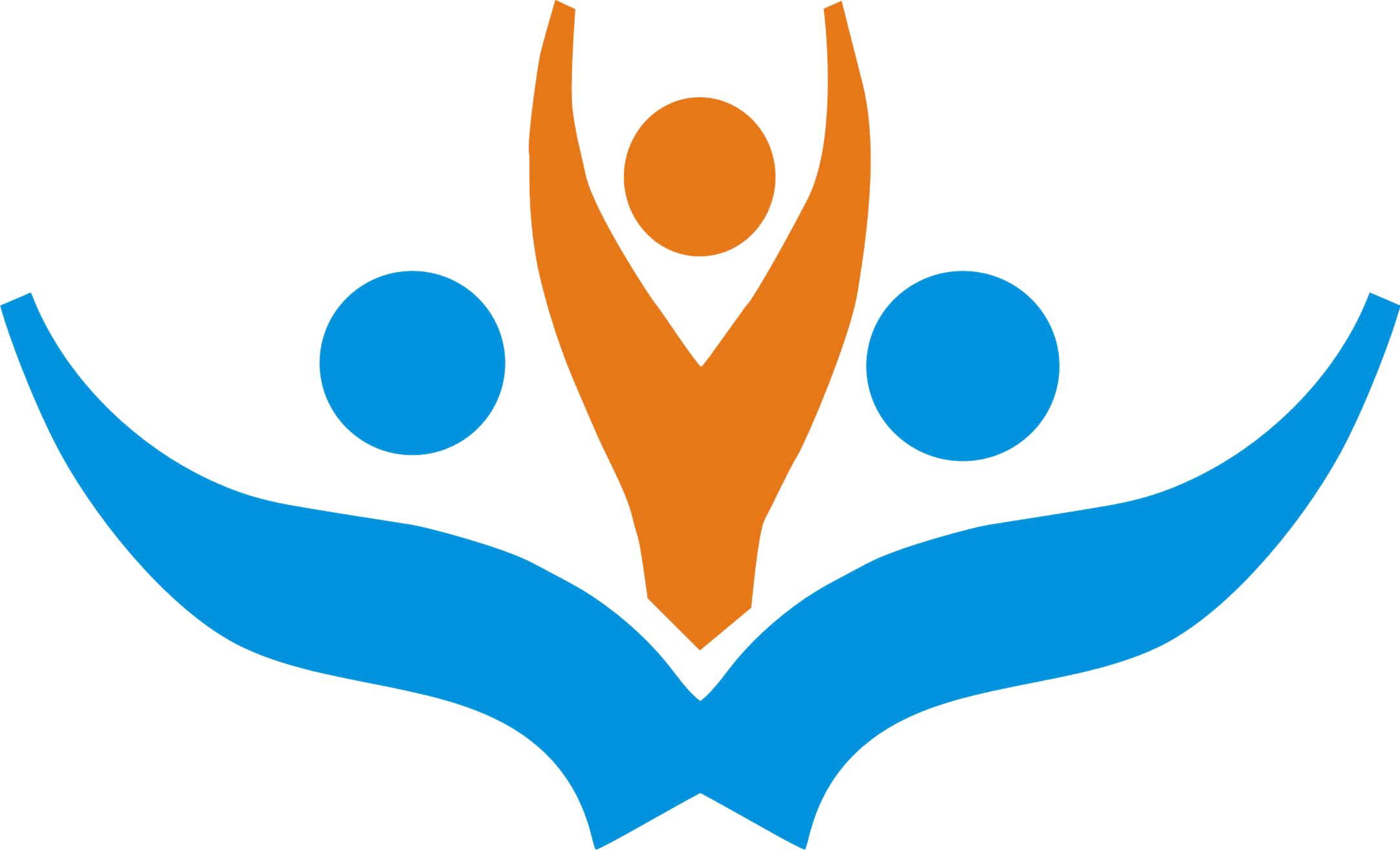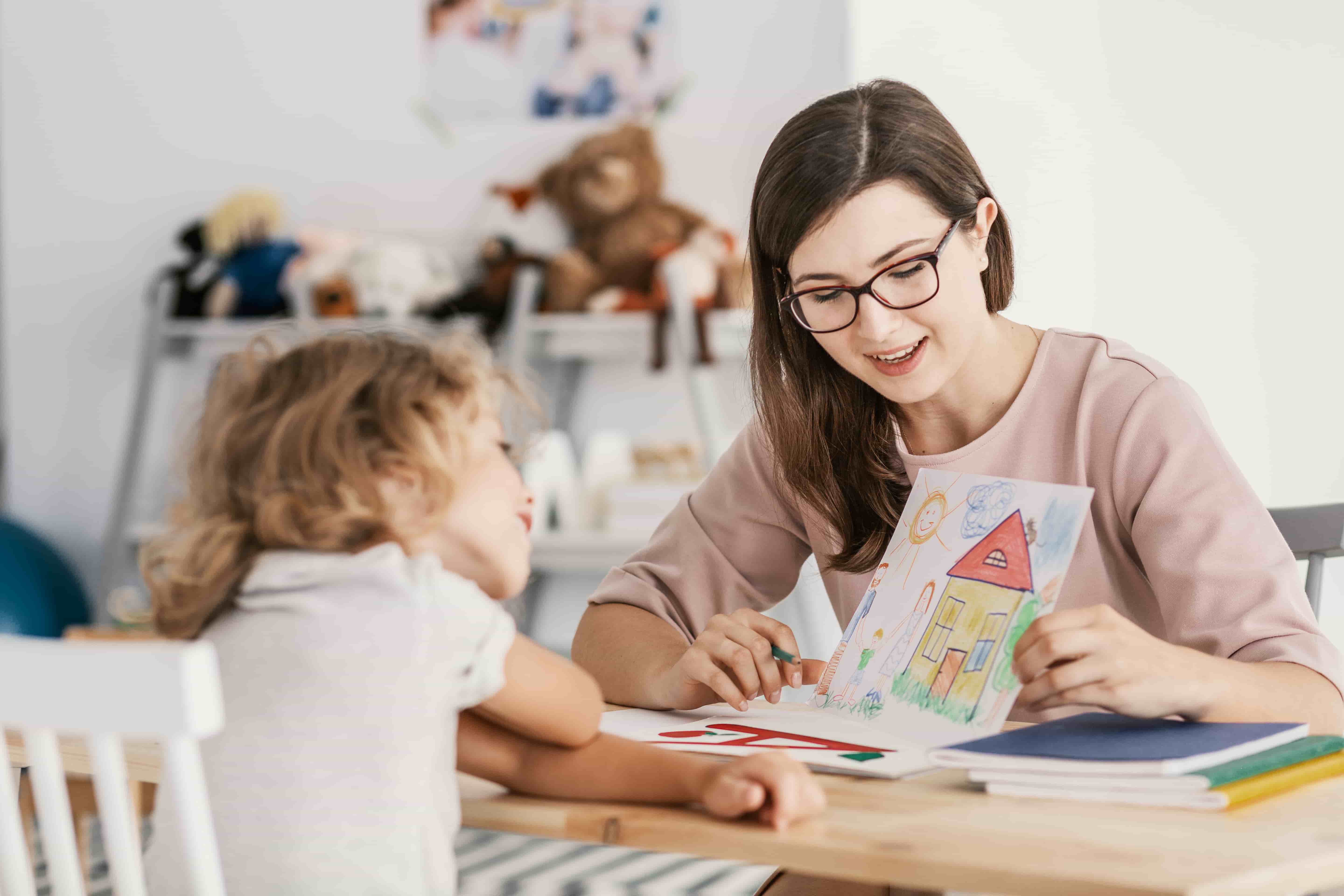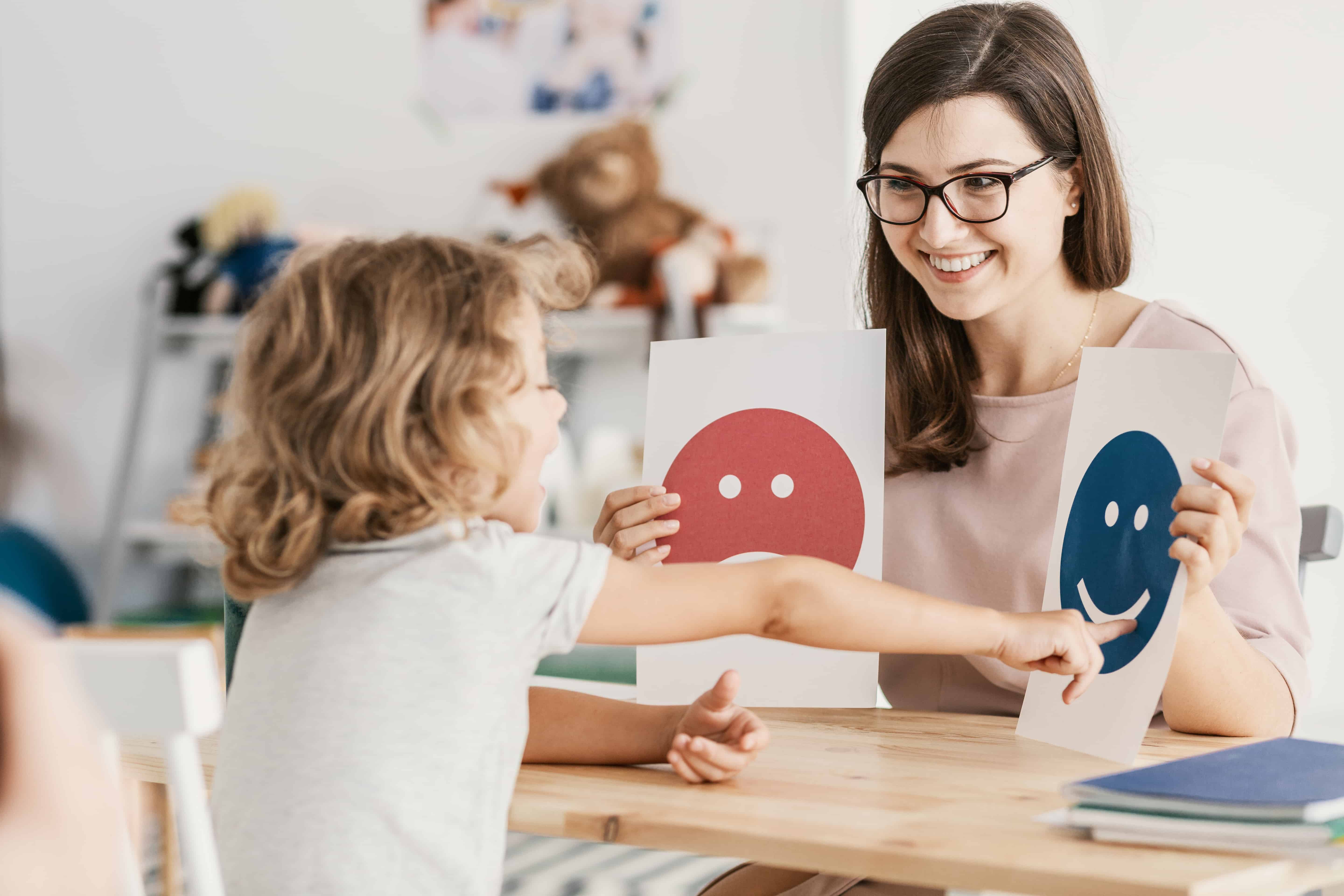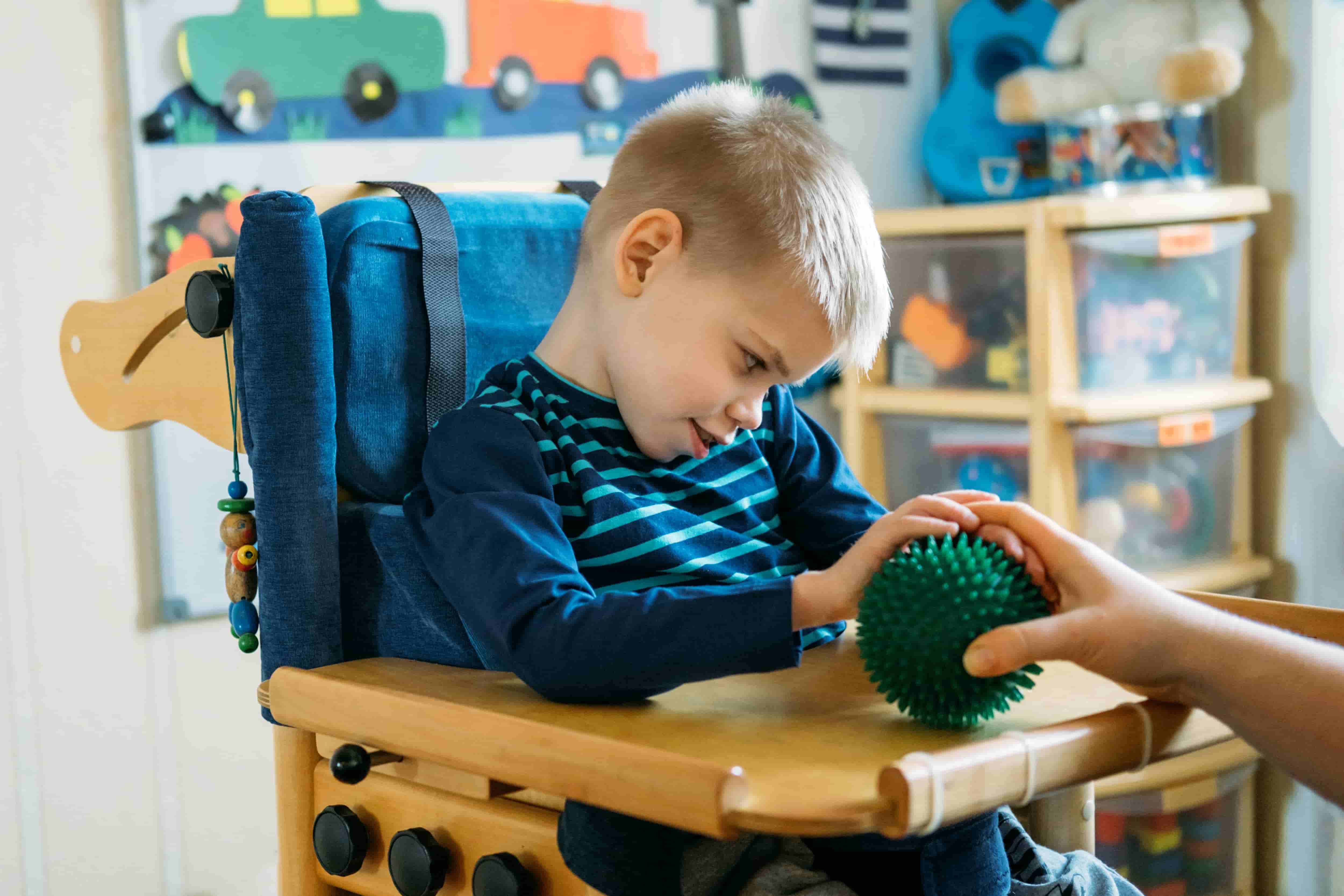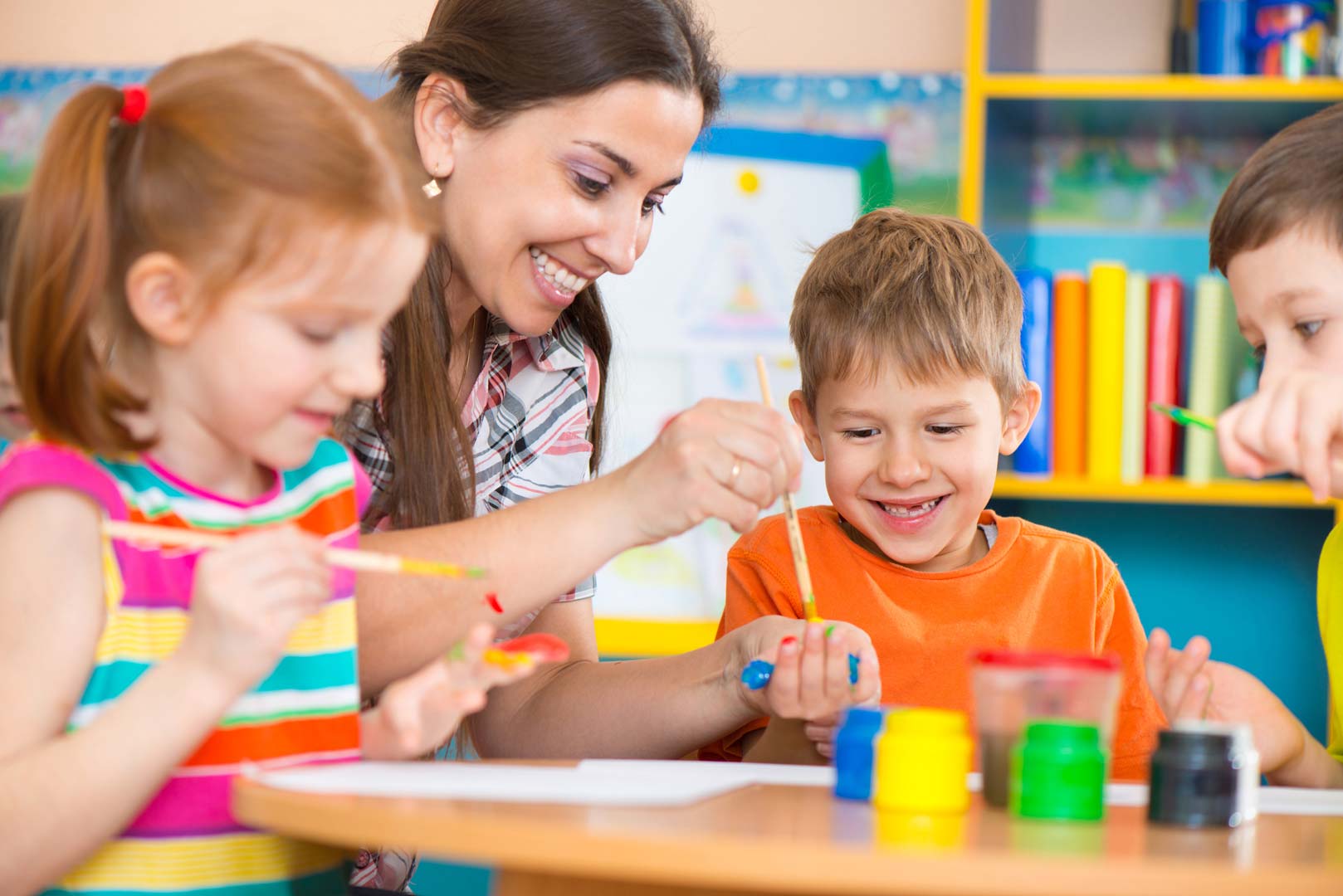
Teaching anything to a child with learning disabilities is attainable
Every day in a house not far from where we live, there is a family who is keeping one of the saddest secrets that there is. In thousands of homes everywhere, there are children who have a learning disability or autism, or something very similar, who have episodes of explosive emotional overload where they physically attack someone from their family. These children are often mostly wonderful for the vast majority of the time, but when something triggers them, the level of violence they are capable of is frightening in the extreme.
It could be tough to face the possibility that a child is having a learning disorder. We may wonder what it could mean for the child’s future, or the way the child would make it through school. The child, struggling to learn may find himself or herself more disappointed, eventually developing emotional problems like low self-esteem in the face of a repeated failure.
Specific learning difficulties like dyslexia, attention deficit hyperactivity disorder (ADHD) and auditory processing disorder (APD) can make it difficult and sometimes impossible for a child to achieve the same results as his or her peers in a traditional classroom setting. Some children face a constant struggle with reading and writing and many are at risk for developing low self-esteem, particularly when their condition goes undiagnosed and untreated.
There are alternative learning approaches, strategies and tools that can help children with learning difficulties achieve their full potential. Moreover, a positive attitude and plenty of encouragement from parents and teachers at school can do wonders when it comes to inspiring these children to stay motivated.
Learning disability is caused by a difficulty with the nervous system that affects and interferes with a person’s capability to store, receive, process, produce or communicate information. Most children with learning disorders are just as intelligent as everyone else. There is just a need to consider their unique leaning styles in teaching them.
Common learning disabilities in children include:
• Dysphasia - Difficulty with language
• Dyslexia - Difficulty in reading
• Dysgraphia – Difficulty in writing
• Visual Processing Disorder – Difficulty interpreting visual information
• Discalculia – Difficulty in Math
• Auditory Processing Disorder – Difficulty hearing differences between sounds
• Dyspraxia (Sensory Integration Disorder) – Difficulty with fine motor skills
• Attention Deficit Hyperactivity Disorder – Difficulty in paying attention and controlling impulsive behavior
Research on children with learning disabilities showed that their subjective experiences were driving the symptoms. Mostly, these kids were found to have great creative minds, but it was beyond their control. The perception on their part was that they either could not control their mind or their mind controlled them. Over a period of time, this formed into a belief about their abilities.
Over the years, steady efforts have been made by countries around the world towards inclusion – allowing children with learning abilities to learn in regular schools. This inclusion is very important, benefiting children developmentally as well as socially. However, there are certain challenges for teachers here. Each child is different and there is a wide spectrum of learning difficulties that can make the situation even more complex. A child with dyslexia needs a different level of support system to a child struggling with ADHD.
We need to remember that the way we behave and respond to challenges has a big impact on a child. A good attitude won’t solve the problems associated with a learning disability, but it can give a child hope and confidence that things can improve and that they will eventually succeed.
Here are some insights to how parents can help a child with learning disabilities:
• Keep things in perspective: A learning disability isn’t surmountable, remind yourself that everyone faces obstacles. It’s up to parents to teach their child how to deal with those obstacles without becoming discouraged or overwhelmed. Do not let the tests, school bureaucracy and endless paperwork distract you from what’s really important – giving your child plenty of emotional and moral support.
• Become an expert: Parents should do their own research and keep abreast of new developments in learning disability programs, therapies and educational techniques. You may get tempted to look to others like teachers, doctors, therapists for solutions, especially at first. But you are the foremost expert on your child, so take charge when it comes to finding the tools they need in order to learn.
• Be an advocate for your child: Parents may have to speak up time and time again to get special help for your child. Embrace your role as a proactive parent and work on your communication skills. It may be frustrating at times, but by remaining calm and reasonable, yet firm; you can make a huge difference for your child.
• Parents’ influence outweighs all others: Your child will follow your lead. If you approach learning challenges with optimism, hard work, and a sense of humor, your child is likely to embrace your perspective, or at least see the challenges as a speed breaker, rather than a roadblock. Focus on learning what works for your child and implementing it in the best way you can.
A child is not defined by his or her learning disability. A learning disability represents one area of weakness, but there are many more areas of strengths and the focus should be on the child’s gifts and talents. A child’s life and schedule should not revolve around the learning disability. Nurture the activities where they excel and make plenty of time for them.
Chetna Foundation has been working towards improving support for disabled children, young people and families in India. We are here to provide a listening ear, answer all those particular parenting questions you have or help with guidance around more complex issues.
| Tweet |
